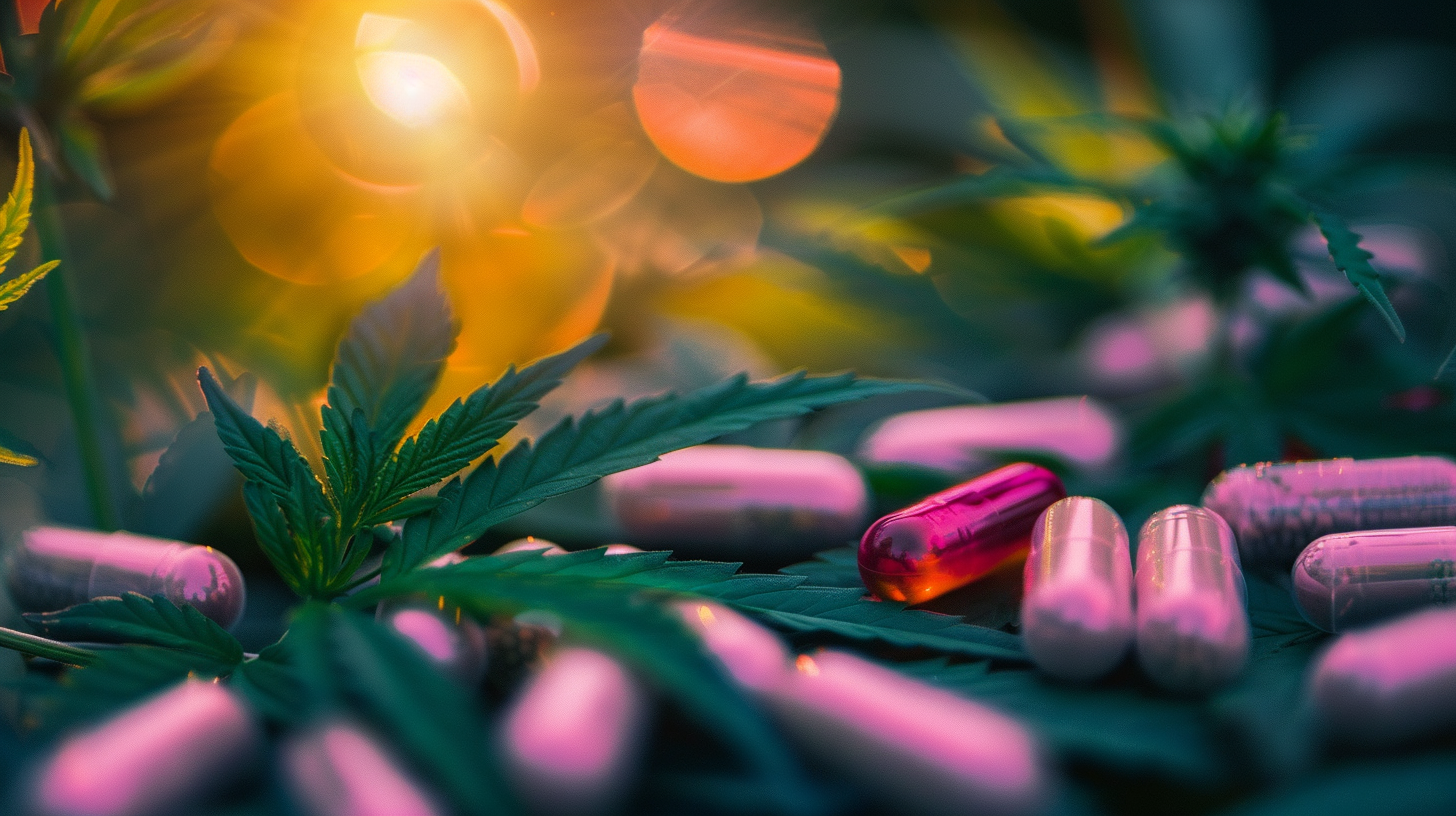Last updated on June 25th, 2024 at 09:35 am
- Driving The News: Panthip Puapongphan, Dean of the College of Oriental Medicine at Rangsit University, cites research from Canada and the US showing cannabis’s effectiveness in reducing the use of hard drugs.
- Why It Matters: The research suggests that reclassifying cannabis as a narcotic could eliminate a valuable tool in combating severe drug addiction and reducing harm.
- The Big Picture: Panthip argues for viewing cannabis as part of a strategic approach to addressing drug addiction, emphasizing its lower addiction potential compared to alcohol and tobacco.
BANGKOK, THAILAND – On June 16, PANTHIP PUAPONGPHAN, Dean of the College of Oriental Medicine at Rangsit University, presented compelling research highlighting the benefits of cannabis in reducing the use of hard drugs like methamphetamine and heroin. Speaking amidst ongoing debates about reclassifying cannabis as a narcotic, Panthip urged policymakers to consider the strategic advantages of cannabis in harm reduction efforts.
Drawing on studies from Canada and the United States, Panthip emphasized that cannabis has been proven to help individuals quit severe drug addictions. “Cannabis is not just a recreational drug; it is a powerful tool in the fight against hard drug addiction. If we reclassify it as a narcotic, we risk exacerbating the drug problem by removing this crucial aid,” he stated.
He referenced a 2022 initiative by the Ministry of Public Health to use cannabis as a strategy to reduce methamphetamine addiction, following a 2016 UN resolution advocating for harm reduction and alternative development measures to tackle drug problems sustainably.
Research findings indicate that cannabis has a significantly lower addiction potential compared to alcohol and tobacco, with the likelihood of cannabis addiction being on par with caffeine. The United Nations Office on Drugs and Crime reported that in 2020, while cannabis use was widespread, it accounted for a minimal proportion of drug-related deaths, especially compared to opioids and methamphetamine.
Panthip highlighted a Canadian study published in the Harm Reduction Journal, which surveyed over 3,000 individuals and found that cannabis effectively reduced the use of opioids, alcohol, and other stimulants. This research supports the argument for increasing access to regulated medical and recreational cannabis to mitigate the harms associated with more dangerous substances.
Another study from the American Journal of Public Health, conducted between 2016 and 2018, showed that 25% of participants used cannabis to reduce their consumption of more harmful drugs like heroin, opioids, cocaine, methamphetamine, and alcohol. The study concluded that controlled access to cannabis could significantly reduce the severity of addiction to these substances.
Panthip urged Thai authorities to adopt a strategic perspective on cannabis, recognizing its potential to alleviate the impact of severe drug addiction. “We must look beyond the stigma and understand the scientific evidence. Cannabis can play a vital role in reducing the harm caused by other, more dangerous drugs,” he concluded.
Contributing Sources: Thai Post
